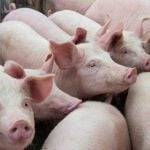
Tag Archives kochia
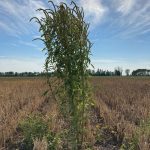
Look out for strange weeds this year
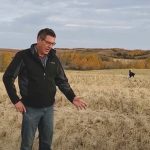
The best fit for pre- or post-harvest treatments
With erratic growing season conditions producers need to be flexible with fall weed control plans

Weed issues to watch in 2022
How different factors, such as moisture, temperature, herbicide resistance and others, may affect weed populations this year
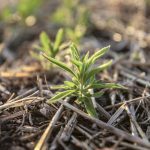
Keep kochia off your farm
Why kochia is one of Western Canada’s most problematic weeds, plus how to knock herbicide resistance on the head or prevent its development in the first place

Watch for expansion of waterhemp, Palmer amaranth and kochia in 2020
Serious weed threats continue to advance and grow, farmers urged to test for resistance

Get back to basics to fight kochia
Using multiple and rotating modes of action can reduce selection pressure

Herbicide diversity tackles kochia
As the weed works hard to outmanoeuvre chemicals, farmers expand the toolbox
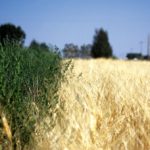
Have your kochia tested for resistance
Keeping this weed in check required a multi-pronged management approach

Kochia not confirmed ‘triple resistant’ — yet
Producers should take action against kochia based on threat severity

Are there resistant weeds in your fields?
The answer to this question is probably yes. Testing can give you a definite answer


